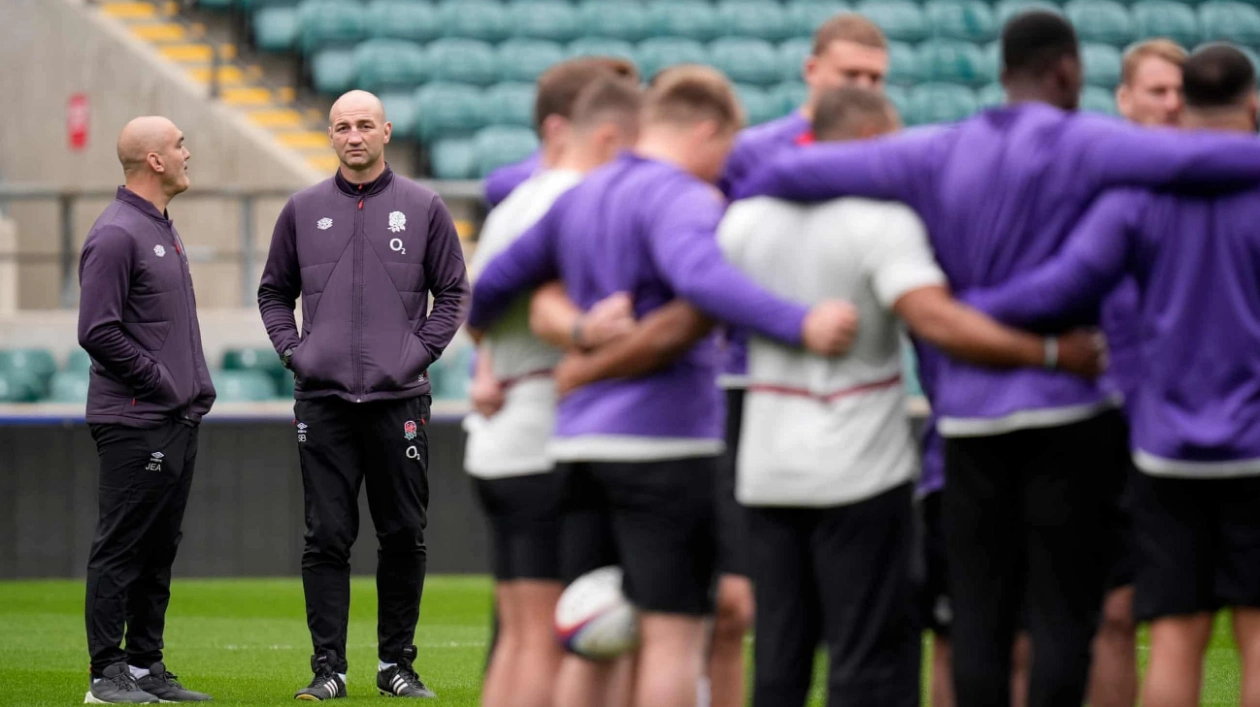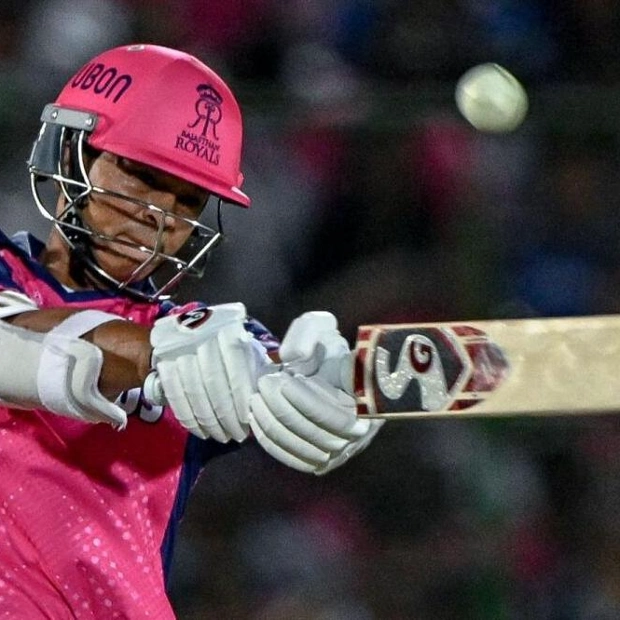In rugby union's ever-turbulent professional landscape, significant developments are once again unfolding. The proposed establishment of a breakaway global league is the latest disruptive force, potentially jeopardizing the sport's stability. Even the recently elected chair of World Rugby has expressed concerns, stating that the sport's financial sustainability is at a critical juncture. Uncertainty looms large, with no clear vision of the medium-term future.
Similarly, England's prospects ahead of their match against double world champions South Africa are equally uncertain. A morale-boosting victory, regardless of the method, could alter the current narrative and present their recent series of near-misses in a more favorable light. Conversely, a comprehensive defeat by the formidable Springboks could see England plummet to their joint-lowest ever world ranking.
For this to occur, South Africa would need to win by more than 15 points, and Australia would have to defeat Wales by a similar margin. While improbable, this double outcome is not entirely out of the realm of possibility given the recent performances of these teams. A drop to eighth position—down from their current seventh—would mirror the lowest point in 2015 when England was eliminated in the pool stages of their home World Cup.
Are Steve Borthwick's squad truly in such dire straits? Those who closely observed their summer performances might argue otherwise. They appeared determined, defended energetically, and should have secured at least one victory in their two Tests against the All Blacks in Dunedin and Auckland. However, this month has seen them play inconsistently, with the Wallabies exploiting numerous defensive vulnerabilities.
This match could well define the character of Borthwick's England. The Springbok scrum is formidable, and an increasing aura of confidence permeates the team. They excel in the tight games that England has struggled to close out. At least the hosts, led by their experienced captain Jamie George, are aware of the challenges ahead and the depth of effort required for victory.
George, who honed his skills under South African World Cup-winning captain John Smit at Saracens, has highlighted the positives from England's narrow defeats by the All Blacks and Wallabies. The margins can be slim, and England has a decent record when their resolve is tested. However, on paper, South Africa appears to have a slight edge in most areas, whether in physicality or collective organization, and boasts greater tactical flexibility.
This is a pivotal game for England's scrum, defensive coordinators, and potential game-changers. Last week, Marcus Smith delivered perhaps his most influential performance for his country at fly-half and will be a handful if he receives sufficient quick ball and support. To revive their autumn campaign, Borthwick's team must also excel in the fundamental aspects of the game.
Restarts were a weak point against Australia, where Joseph-Aukuso Suaalii caused significant issues. Greater dynamism from England's bench and more consistent line speed are essential. Any shortcomings will be exploited by the Boks. It is achievable, as evidenced by England's near-upset of South Africa in last year's World Cup semi-final.
This memory has reignited their motivation this week, and as former captain Courtney Lawes noted, there is a genuine edge whenever these two sides meet. This is also South Africa's key game of the month, with their spiritual leader Rassie Erasmus keen to assert their dominance.
Interestingly, Borthwick's record as England's head coach mirrors that of Sir Clive Woodward in his first 26 Tests. Woodward's side went on to win 43 of their next 49 Tests, culminating in the 2003 World Cup triumph. However, Woodward's England had a once-in-a-generation team, unlike the current squad, which is still developing.
This weekend is crucial. England's supporters are unlikely to continue paying top dollar for a losing team, and the entire English rugby community is in need of a pre-Christmas morale boost. As Ellis Genge warned, changes are necessary to address the precarious economics of the domestic club game. Even if England finishes second, they must provide fans with reasons to maintain their faith.
Source link: https://www.theguardian.com






